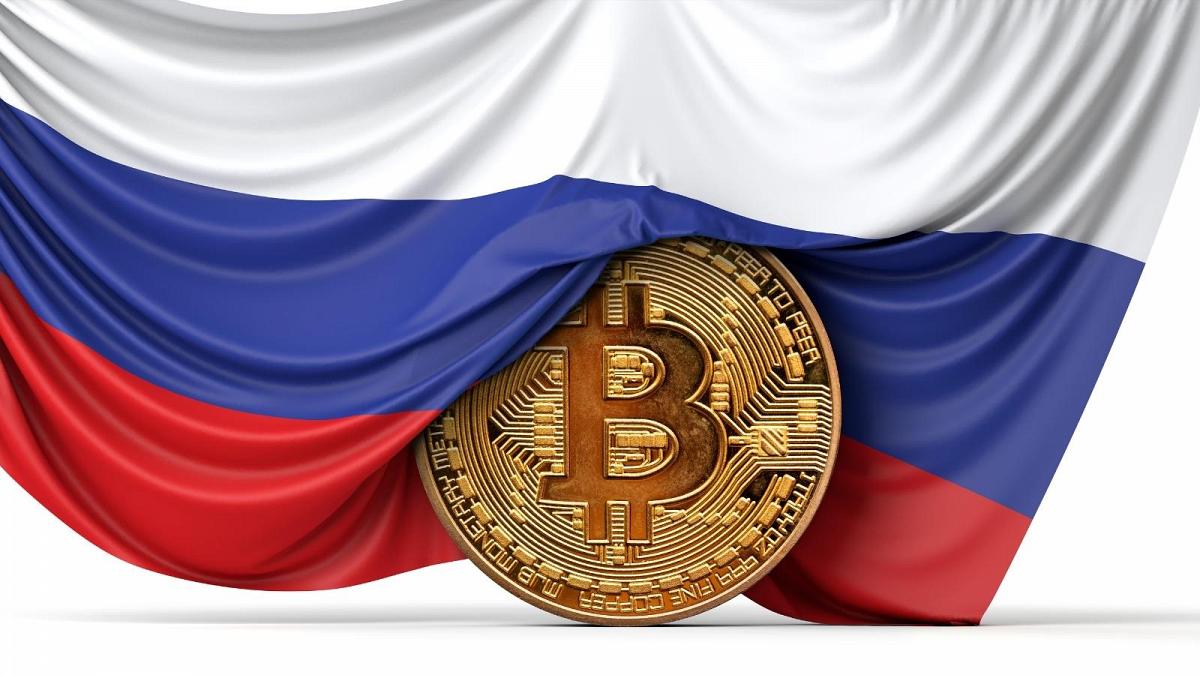
EU Regulators Ban Cross-Border Payment for Russia-Linked Wallets
- The EU claims that the new sanctions will destabilize Russia’s new dependence on cryptocurrency and deprive the country of key military supplies in its attack against Ukraine.
- The sanctions will be targeted at individuals in the military and those that directly contribute to Russia’s presence in Ukraine.
- Russia recently announced plans to use cryptocurrency for cross-border payments with China as a means to improve its declining economy.
The European Union has announced a new set of sanctions against Russia for its continued attack on Ukraine and the recent threats of deploying nuclear weapons in their ongoing war. The EU released a statement on October 6 announcing a total ban on cross-border payments between EU states and Russia.
According to the statement, the ban will include all “crypto-asset wallets, accounts, or custody services, irrespective of the amount of the wallet.” The new move is allegedly aimed at destabilizing Russia’s new dependence on cryptocurrency for international payments.
More than six months since it invaded Ukraine, Russia has continued its assault on its neighboring country and recently annexed some Ukrainian territories in a referendum that world leaders, including the EU, have condemned.
Giving more information about the ban, the EU’s statement read,
This package – which has been closely coordinated with our international partners – responds to Russia’s continued escalation and illegal war against Ukraine, including by illegally annexing Ukrainian territory based on sham “referenda”, mobilizing additional troops, and issuing open nuclear threats.
This would not be the EU’s first sanction on Russia. However, previous sanctions limited crypto payments from Russian to EU wallets at 10,000 euros, which is approximately $9,900. According to the statement, the new ban will “further deprive the Kremlin’s military and industrial complex of key components and technologies.”
The sanctions will also prevent the Russian army and its suppliers from obtaining additional specialized supplies and equipment necessary to carry out their attack on Ukrainian soil. The ban will further establish the groundwork for the legislative structure needed to implement the G7’s proposed oil price cap.
The new sanctions have also been imposed on selected Russian individuals and organizations, especially those responsible for Russia’s occupation, illegitimate annexation, and fraudulent “referenda” in the Donetsk, Luhansk, Kherson, and Zaporizhzhia provinces.
It also covers people and organizations engaged in the defense industry, such as senior military officers and enterprises that provide assistance to the Russian armed services. The EU will also target anyone who spreads false information about the ongoing conflict. Furthermore, the restrictive measures will also include key decision-makers, oligarchs, top military officials, and propagandists who threaten Ukraine’s territorial integrity.
The EU’s fresh ban on Russia comes at a time when Moscow announced its plans to improve its crypto usage for cross-border payments. The Central Bank of Russia has already outlined plans to legalize cryptocurrency for cross-border payments.
Russia intends to deploy a central bank digital currency, which is now in a pilot phase, for transaction settlements in its dealings with China. The country had previously passed a law outlawing payments made using digital assets.
Due to heavy economic sanctions from the west, Russia has had to change its stance on cryptocurrency.







